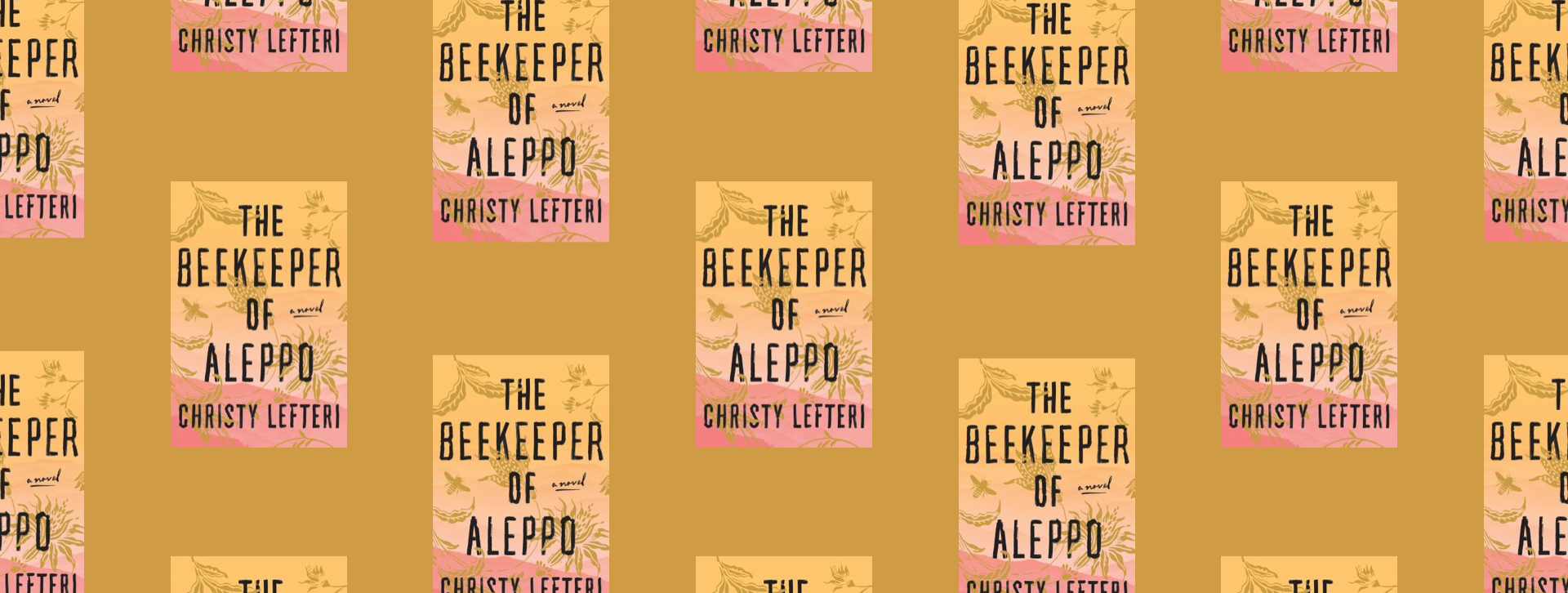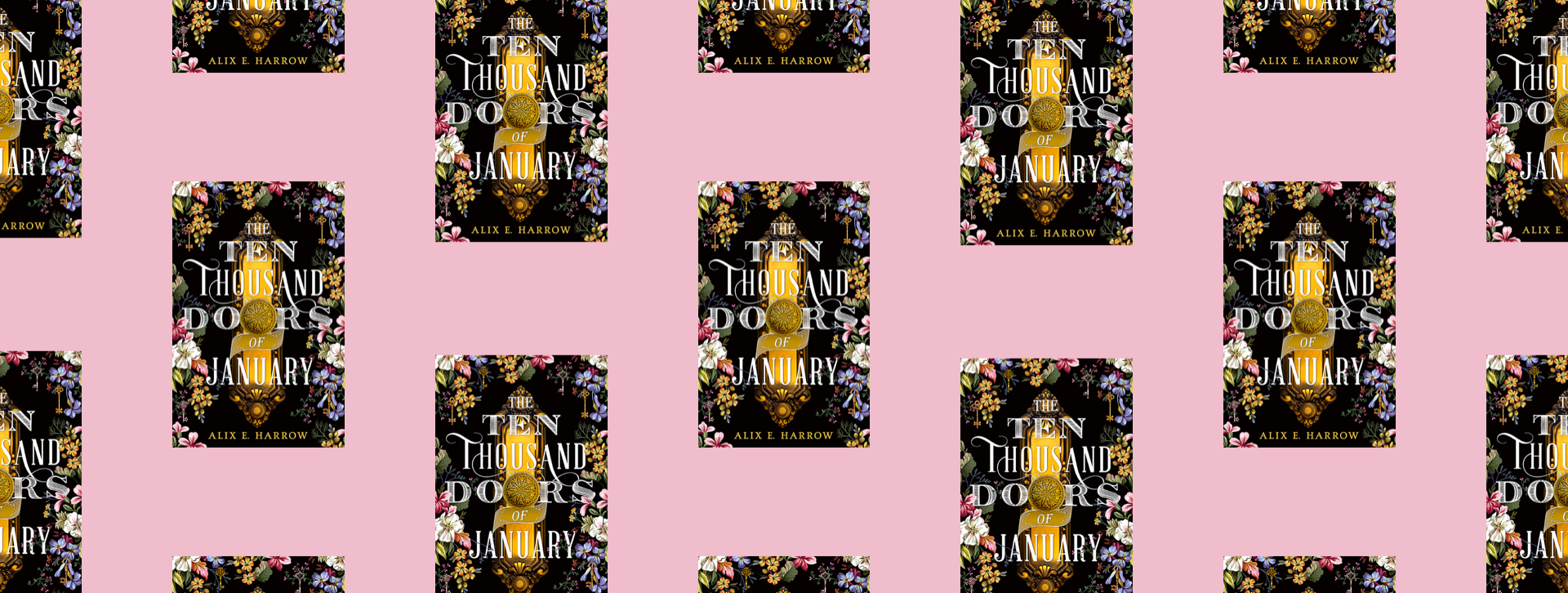Red at the Bone
Wow. This book. What did we ever do to you, Jacqueline Woodson?? How can you be allowed to just swoop in there, break our hearts ten times in ten different ways, and then just leave?? So beautiful.
Lost Children Archive
Lost Children Archive was absolutely stunning. Melancholy, reflective, narrative, musical. The moments she brings to life are so creative and specific that it’s hard to believe she made them up.
The Beekeeper of Aleppo
This novel is a masterpiece of modern history. I'm still processing it, healing the small wound in my chest that it left, hoping to internalize this sliver of connection to humanity. But I will try to find the words to review it for you.
City of Girls
This book has gotten a lot of hype, and it’s easy to see why. It’s well written, uniquely narrated, and a great story. There’s no denying the master-level work of Elizabeth Gilbert!
The Ten Thousand Doors of January
The Ten Thousand Doors of January is a delightful, whimsical, magical story and a beautiful debut novel to have emerged from Alix Harrow’s heart.
Daisy Jones & the Six
The book is written in the form of a sort-of script, as it’s a mock collection of interview snippets from the members of the band and their friends and families. The audiobook cast and voice acting really went above and beyond to bring the story to life.
A Conjuring of Light (Shades of Magic, #3)
This was an absolutely epic conclusion to a trilogy that reminded me why I love to read stories about magic. Because at its core, the Shades of Magic trilogy is about magic.
The Dearly Beloved
The Dearly Beloved is a masterpiece of literary fiction. There’s not a word out of place. It’s a gorgeous examination of what it means to exist side by side. I was hypnotized, heartbroken from the first page.
Gods of Jade and Shadow
This book was light, fun, and exactly what I needed after reading several heavy, emotional books in a row. It will take you on an adventure to a different culture, tug on your heart strings a bit, and leave you with a smile.
On Earth We're Briefly Gorgeous
If you've heard anything about this book, you don't need me to tell you that it's phenomenal. I read it in a single sitting, and I wouldn't have had it any other way.
Black Leopard, Red Wolf (The Dark Star Trilogy, #1)
Black Leopard, Red Wolf is a big, heavy, adult, epic fantasy novel that is truly without compare. I liked it and I’m glad that I read it, but it took a really, really long time and a lot of patience with myself to wade through the narrative. Roxanne Gay put it perfectly in her review: “Beautifully intense prose that doesn’t allow for lazy reading.”
The Confessions of Frannie Langton
The Confessions of Frannie Langtonis heartbreaking, moving, enraging, surprising, and much more. It addresses so many different issues — race, class, slavery, mental health, substance abuse, same-gender relationships, feminism.
Hollow Kingdom
Sometimes the summary blurb on a book does the perfect job of summing it up — in the case of Hollow Kingdom, those words are “a humorous, big-hearted, and boundlessly beautiful romp.”
A Gathering of Shadows (Shades of Magic, #2)
Rating: 4.5/5 | Alright. Book two of this trilogy, and it's sunk its claws in even deeper. This world, these characters — I am so in love. V.E. Schwab is a master storyteller who really knows how to get out of her own way and build something you want to live in forever.
The Philosopher's War (The Philosopher's Series, #2)
Rating: 4/5 | I enjoyed The Philosopher's Flight. It was worth the read and I was happy to read the sequel. I'm glad I did — because The Philosopher's War was even better. Gone are the college days and courting of first love; this was a story of camaraderie, trauma, war, and the greater good. (Click the post to read more.)
Ninth House (Alex Stern, #1)
Rating: 4.5/5 | I couldn't wait to get my hands on this one. I have loved all of Leigh Bardugo's past books, and while I knew that Ninth House was going to be really, really different, I trusted her to bring me something great. And both of those things are true: This book was WAY different than any of her other books, and it was also great work. (Click the post to read more.)
A Darker Shade of Magic (Shades of Magic, #1)
Rating: 4.5/5 | A Darker Shade of Magic is a breath of fresh air in the fantasy genre. Don't get me wrong, I love fantasy, but this one was just so light (in writing style, not subject matter) and enchanting and magical. I instantly fell in love with the world and its characters — even the bad ones. (Click the post to read more.)
Recursion
Rating: 3.75/5 | Just like Dark Matter, Recursion was a science-rich and super-thrilling sci-fi thriller. If nothing sounds better to you than those two genres put together, then this is definitely your book. I whipped through it, intrigued and introspective in the beginning and more and more eager to see how everything would resolve itself as I got close to the end. Genre fiction at its best. (Click the post to read more.)




















